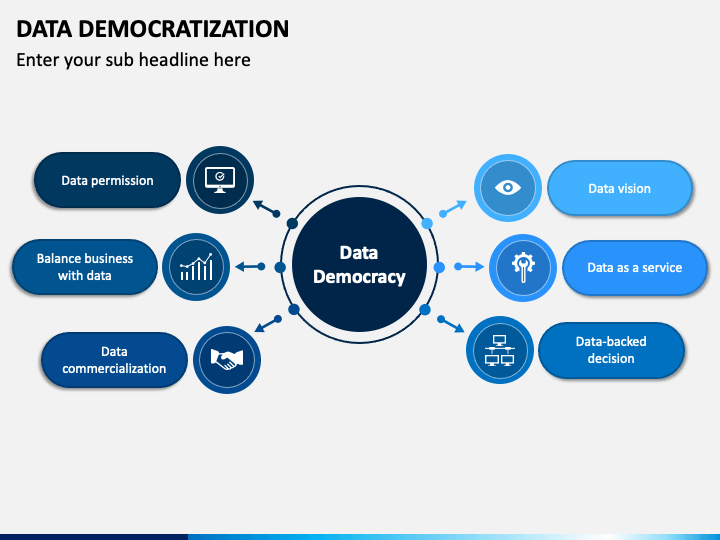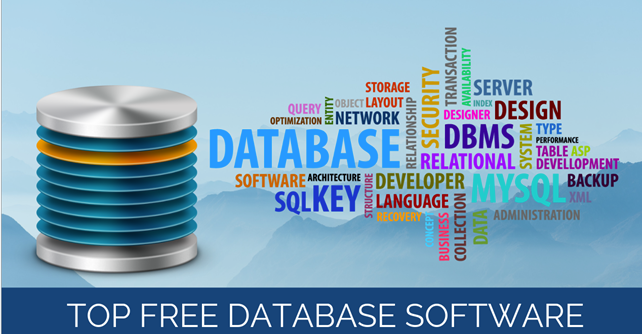In the age of information, data has become one of the most valuable assets. It drives business decisions, public policies, and individual choices. Yet, for too long, data has been locked away in the hands of a select few, creating disparities in access, knowledge, and influence. The concept of data democratization and data democracy seeks to break down these barriers and empower individuals and organizations to harness the power of data for the greater good. In this blog post, we'll explore what data democratization and data democracy mean and how they are transforming our world.
Understanding Data Democratization
Data democratization refers to the process of making data more accessible and usable by a broader audience, rather than restricting it to a select group of experts or organizations. It aims to provide access to data to anyone who needs it, regardless of their technical expertise, resources, or background. In essence, data democratization is about putting data in the hands of the many, rather than the few.
Key Aspects of Data Democratization:
- Accessibility: Data should be easily accessible to all stakeholders, whether within an organization or in the public domain. This means breaking down data silos and creating user-friendly interfaces for data retrieval.
- Simplicity: Data democratization involves simplifying complex datasets so that non-experts can understand and use them effectively. Visualization tools, dashboards, and user-friendly platforms are key in achieving this.
- Education and Training: It's crucial to provide training and resources to help people develop the skills necessary to interpret and use data. This empowers individuals to make informed decisions based on data.
- Transparency: Open data policies and transparency in data sources are essential for building trust and ensuring data accuracy.
Data Democracy: Beyond Access
While data democratization focuses on accessibility, data democracy takes it a step further. Data democracy emphasizes the importance of data as a tool for political and social engagement, ensuring that data is not only accessible but actively used to empower citizens and hold organizations and governments accountable.
Key Aspects of Data Democracy:
- Citizen Participation: Data democracy encourages individuals to actively engage with data to influence public policies, demand transparency, and hold institutions accountable.
- Community Empowerment: It supports the use of data to address local issues, improve communities, and enhance decision-making in areas such as healthcare, education, and urban planning.
- Government Accountability: Data democracy pushes for transparency and data-driven decision-making in government and other institutions. Citizens can access and analyze government data to keep leaders accountable.
- Collaborative Decision-Making: It fosters collaboration between the public and government, allowing citizens to be a part of the decision-making process.
Benefits of Data Democratization and Data Democracy
- Informed Decision-Making: Data democratization and data democracy allow individuals and organizations to make informed decisions, leading to better outcomes in various areas of life.
- Inclusive Innovation: By involving a broader audience, we encourage innovation that is more inclusive and responsive to diverse needs and challenges.
- Increased Accountability: Data democracy holds institutions accountable by exposing their actions and decisions to public scrutiny.
- Empowerment: These concepts empower individuals to actively participate in shaping their communities and influencing public policies.
- Socioeconomic Benefits: When data is available and accessible to all, it can help address social inequalities and drive positive socioeconomic changes.
Conclusion
Data democratization and data democracy are essential movements in our information-driven world. They promote transparency, inclusivity, and the active participation of individuals and communities in shaping their futures. As we continue to break down the barriers to data access and use, we have the potential to create a more equitable, informed, and empowered society where data serves as a tool for positive change and collective progress.


